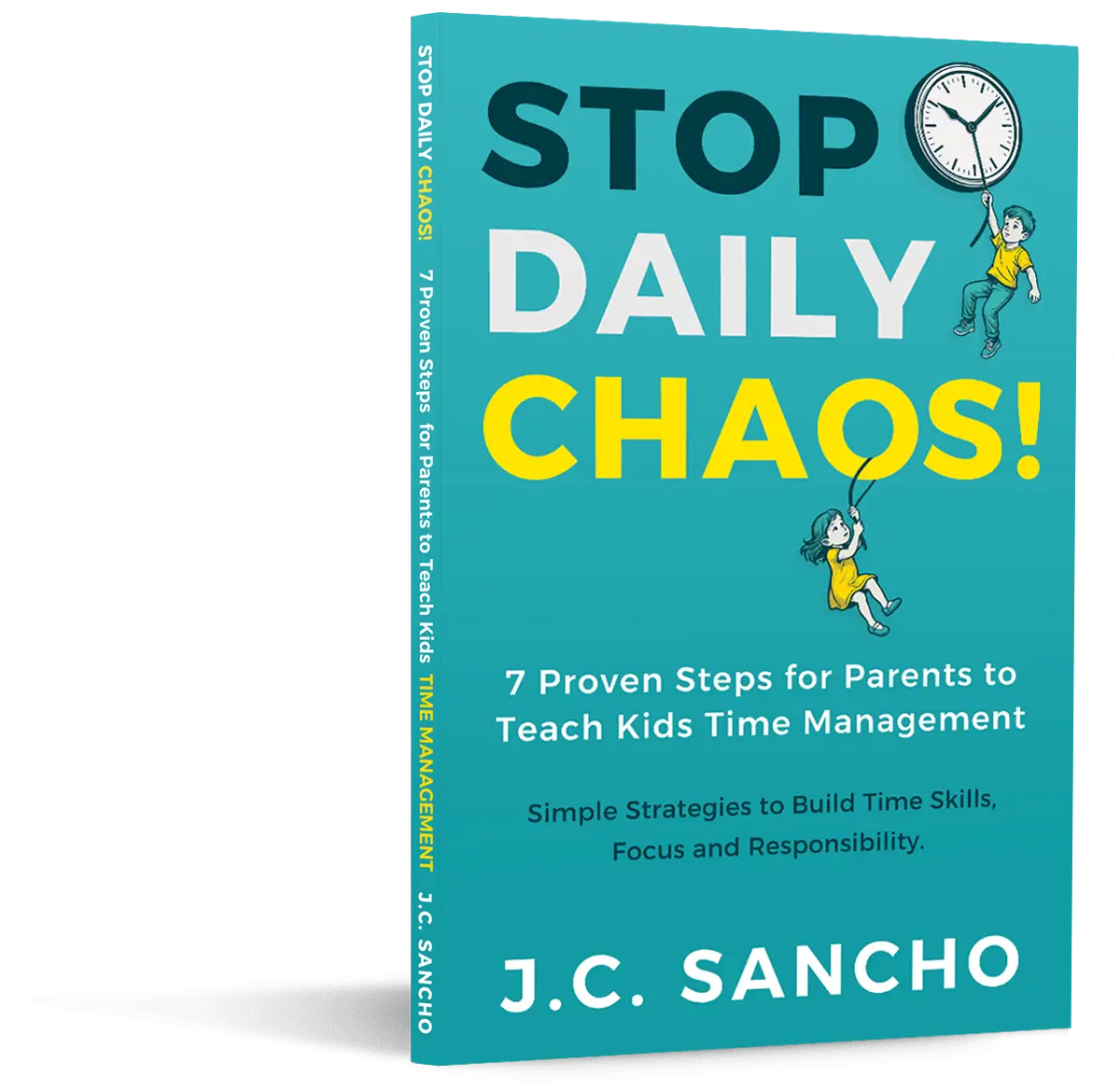Deciding the Right Social Media Age: Navigating TikTok, Instagram, and Your Child’s Mental Health
The digital age has ushered in unprecedented connectivity. Our children are growing up in a world where social media platforms like TikTok and Instagram are regular fixtures of daily life. As parents, we grapple with questions about the right social media age for our kids. We wonder how to ensure their mental health remains robust amidst the challenges these platforms can present.
There’s no universal answer because each child is unique. However, understanding the potential impacts of these platforms and having open conversations about their use can help us guide our children through this digital landscape. This article offers insights into the readiness checklist for your child’s entry into the world of TikTok and Instagram.
The Impact of Social Media on Young Minds: TikTok, Instagram, and Mental Health
Before we get into the readiness checklist, let’s understand why this conversation matters. The effects of social media on young minds are complex and multifaceted. On one hand, platforms like TikTok and Instagram offer opportunities for creativity, self-expression, learning, and connection with peers. On the other hand, they can also expose children to cyberbullying, peer pressure, unrealistic beauty standards, and privacy concerns.
These experiences can have profound implications for a child’s mental health. Research suggests that excessive use of social media can contribute to feelings of anxiety and depression, particularly if children compare themselves to others or experience online harassment.
Navigating these platforms requires a certain level of maturity and emotional intelligence. Children need to understand how to protect their privacy online, discern between reliable and unreliable information sources, cope with negative comments or feedback, and balance their screen time with other activities.
As such, deciding when your child is ready for social media is not just about age—it’s also about their emotional readiness and understanding of the digital world. It’s important to consider these factors when making decisions about your child’s social media use.
A Readiness Checklist: Is Your Child Ready for TikTok or Instagram?
Here are some signs that your child may be ready to handle the world of social media:
- Maturity: Does your child demonstrate a good level of maturity in their offline interactions? Can they handle disagreements respectfully, understand the consequences of their actions, and show empathy towards others? These skills will help them navigate online relationships and conflicts.
- Digital Literacy: Does your child understand basic internet safety rules like not sharing personal information online, recognizing phishing scams, and understanding that not everything they see on the internet is true or reliable?
- Understanding of Social Media: Has your child shown an understanding of how social media works? Do they realize that people often present idealized versions of themselves online, and that it’s unhealthy to compare themselves with these unrealistic standards?
- Ability to Manage Time: Can your child balance screen time with other activities like outdoor play, hobbies, schoolwork, family time, and sleep? Excessive screen time can have negative impacts on physical health, academic performance, sleep quality, and mental well-being.
If you notice these traits in your child, it could signify they’re ready to take a step into the world of social media—under your guidance and supervision. However, if you feel they lack any of these skills or abilities, it might be worth waiting a bit longer before introducing them to platforms like TikTok or Instagram.
Tips for Guiding Your Child Through Social Media Use
Once you’ve decided your child is ready for social media, it’s important to continue guiding them through their digital journey. Here are some tips:
- Set Boundaries: Discuss and agree on rules about screen time, content, privacy settings, and online behavior. Make sure your child understands why these rules are in place.
- Keep the Conversation Open: Encourage your child to talk about their social media experiences. Ask them about the accounts they follow, the posts they like, and how certain content makes them feel.
- Educate Yourself: Stay updated on the latest social media trends, privacy concerns, and potential risks. This will help you guide your child more effectively.
- Be a Role Model: Model healthy social media behavior yourself. Show your child that it’s okay to take breaks from social media, not respond immediately to messages, and prioritize real-life interactions over virtual ones.
Your guidance can play an important role in shaping your child’s understanding of social media and its impact on mental health. By fostering open dialogue and setting clear expectations, you can help ease their transition into this new phase of their lives.
A Reflective Pause: Navigating TikTok, Instagram and Your Child’s Mental Health
The decision about when to introduce your child to social media is highly personal and depends on a variety of factors. It requires careful thought about your child’s maturity level, understanding of the digital world, ability to manage time effectively, and emotional readiness.
Making this decision is just the beginning—navigating the ever-evolving landscape of social media with your child is an ongoing process. It involves continuous conversations about online safety, privacy, respect for others, and the potential mental health impacts of social media use.
As we guide our children through this digital age, it’s important to remember that our role is not just to protect them from potential harms. We also have the opportunity to empower them with the skills, knowledge, and resilience they need to navigate this world responsibly and safely.
Deciding on your child’s social media age might be a daunting task, but you’re not alone in this. Parenting in the digital era is uncharted territory for all of us. By sharing experiences and knowledge, we can support each other in raising digitally literate, emotionally healthy children who can thrive in an increasingly connected world.



